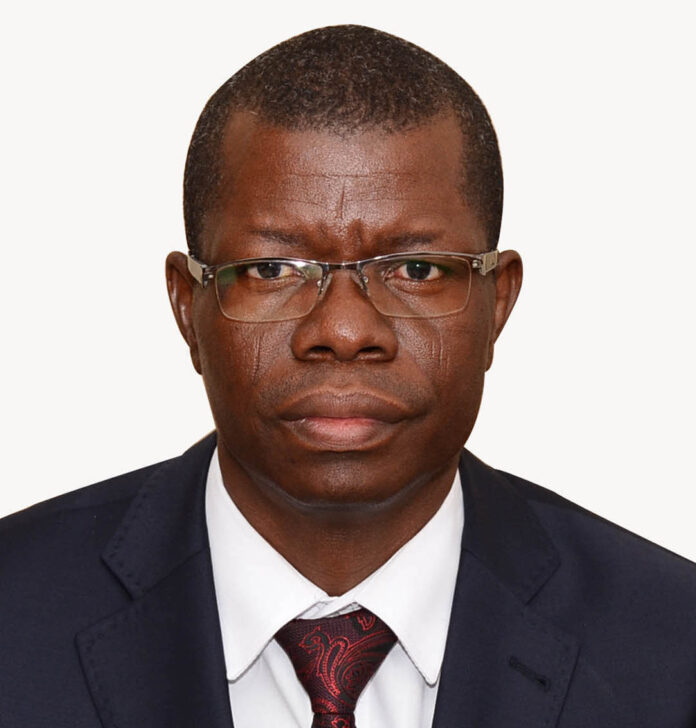
- …but Ghana, 8 other countries make progress
The Inter-Governmental Action Group against Money Laundering in West Africa (GIABA), an institution of the ECOWAS, says it remains committed in the fight against money laundering and combatting financing of terrorism in the sub-region despite racing against its mutual evaluation calendar in implementing recommendations of the Financial Action Task Force (FATF) on money laundering.
Apart from Ghana, which has been successfully taken off the FATF grey-list of Anti-Money Laundering/Combatting the Financing of Terrorism, nine other member-countries of the GIABA including Nigeria, Niger, Burkina Faso, Sierra Leone, Cape Verde, Benin and Senegal have also successfully gone through the Second Round of Mutual Evaluation exercise with their reports adopted and published out of 17 member-states in the sub-region.
Finance Minister, Ken Ofori Atta – addressing dignitaries at the opening ceremony of the Technical Commission/ 36th Plenary Meeting of the GIABA in Accra yesterday, admitted that time is against member-countries in working toward recommendations of the FATF.
He however said notable successes have been chalked up in the case of Ghana, since the country went through its Second Round of Mutual Evaluation exercise when it was put on the FATF grey-list in 2016 but has successfully been taken off the list.
“By dint of hard work from all relevant agencies – notably GIABA, Financial Intelligence Centre (FIC), Law Enforcement Agencies (LEAs), Registrar General’s Department, the Judiciary, private sector, NGOs – and most importantly through the help of government, the country has been taken off the FATF grey-list of money laundering and terrorism financing,” Mr. Ofori Atta said.
Mr. Ofori Atta commended the role of GIABA in strengthening the capacity of member-states in pursuit of maximum compliance with FATF standards in the sub-region.
Director General of GIABA, Justice Kimelabalou Ab, said the GIABA is committed to eradicating crimes of money laundering and terrorist financing in the sub-region, and called on member-states to renew their commitment to the cause.
Africa is estimated to lose substantial resources through illicit financial flows (IFFs). These flows originate from several sources: revenues from illegal activities, tax avoidance, abusive profit-shifting, trade mis-invoicing, corruption and others.
The United Nations Conference on Trade and Development has said Africa could gain US$89billion annually by curbing illicit financial flows, including money laundering and terrorism financing.
The FATF recommendations are the basis on which all countries should meet the shared objective of tackling money laundering, terrorist financing and the financing of proliferation. The recommendations include: ratification and implementation of UN instruments; criminalising the financing of terrorism and associated money laundering; freezing and confiscating terrorist assets; reporting suspicious transactions related to terrorism; international co-operation and monitoring of alternative remittance, wire transfers and activities of Non-profit organisations.
The GIABA comprises 15 ECOWAS members, as well the Union of the Comoros and Democratic Republic of Sao Tome and Principe, and works with FATF mutual evaluations – in-depth country reports which analyse and the implementation and effectiveness of measures to combat money laundering and terrorist financing.
The evaluations are mutual in nature, whereby member-countries perform peer reviews of members from different countries. This is done with observers drawn from the FATF membership, GIABA member-states, other African countries and some regional and international organisations.









